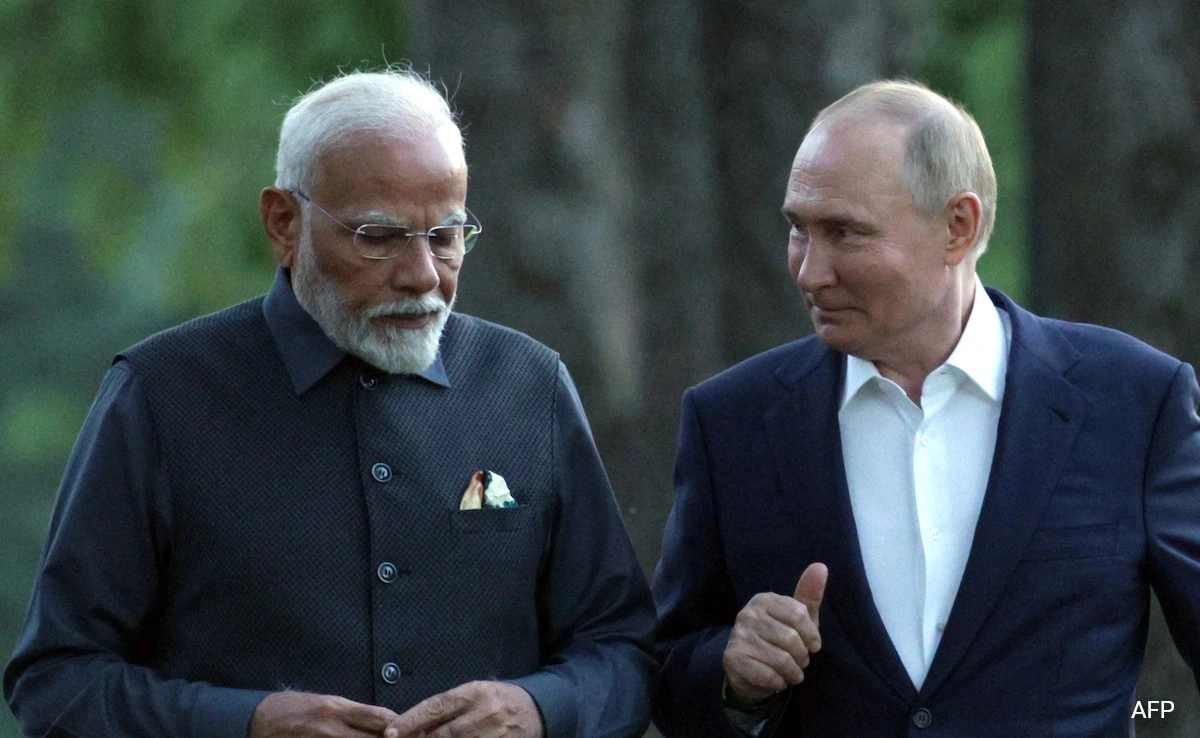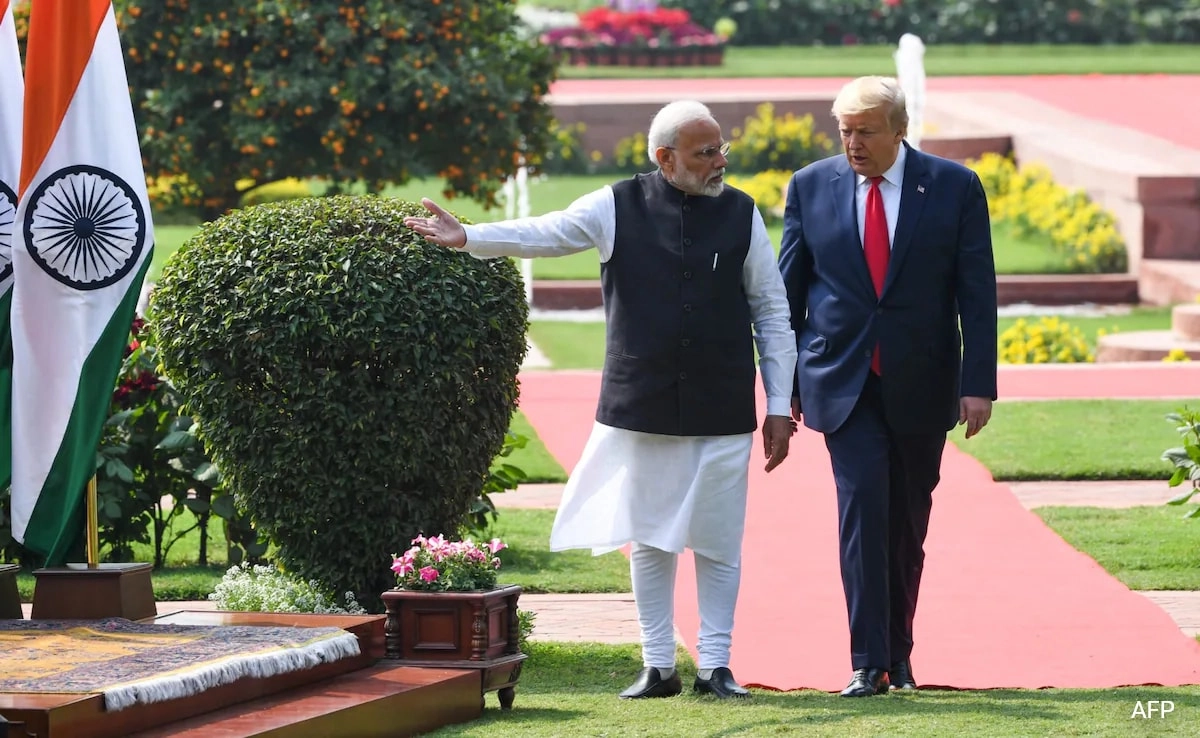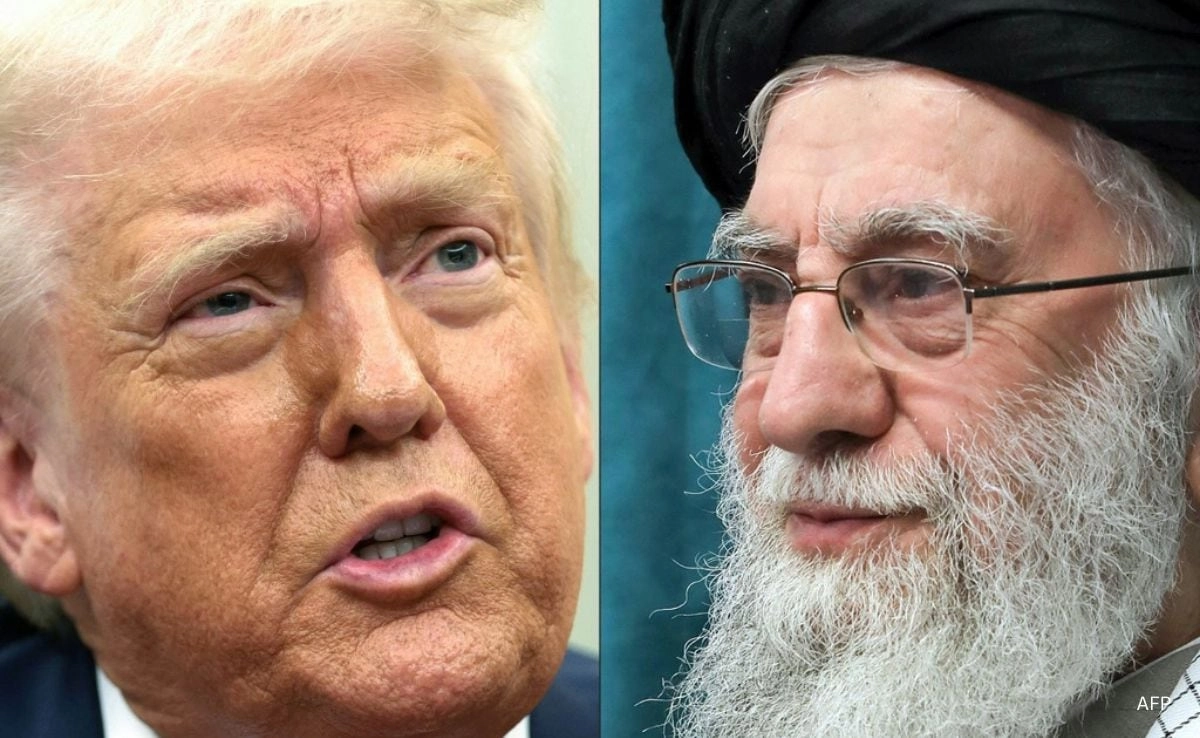Amid rising tensions related to tariffs imposed by the Trump administration, Russia has strategically positioned itself to strengthen its energy ties with India by offering a substantial 5% discount on oil exports. This move comes at a time when India is navigating the complexities of its relationships with major global powers, particularly in the energy sector. The discount not only serves as an attractive incentive for India to increase its crude oil imports from Russia but also reflects Russia’s intent to solidify its foothold in one of the world’s fastest-growing energy markets.
The backdrop of this offer is characterized by the ongoing trade disputes between the United States and various nations, including India. The tariffs introduced by the U.S. have prompted many countries to reconsider their energy procurement strategies, leading to a search for more favorable terms elsewhere. With its vast reserves and relatively lower prices, Russia’s offer appears timely, allowing India to mitigate the effects of tariffs while ensuring a stable supply of energy to meet its burgeoning demand.
Additionally, this discount reflects a broader geopolitical strategy on Russia’s part to enhance its influence in Asia, particularly in the context of diminishing Russian engagement with Western countries. By fostering closer ties with India, Russia aims to create a counterbalance to U.S. influence in the region. This partnership is not just about oil; it encapsulates a mutual interest in defense cooperation, technology transfer, and broader economic collaboration that could redefine energy dynamics in Asia.
As India evaluates this offer, it must weigh the benefits of diversifying its energy sources against the potential ramifications of deepening ties with Russia, especially in light of its relationship with the United States. Balancing these interests will be crucial for India as it seeks to secure its energy future while navigating the intricate landscape of global politics. The 5% discount on oil is more than a mere financial incentive; it symbolizes a significant shift in energy diplomacy that could have lasting implications for international relations and energy security in the region.




